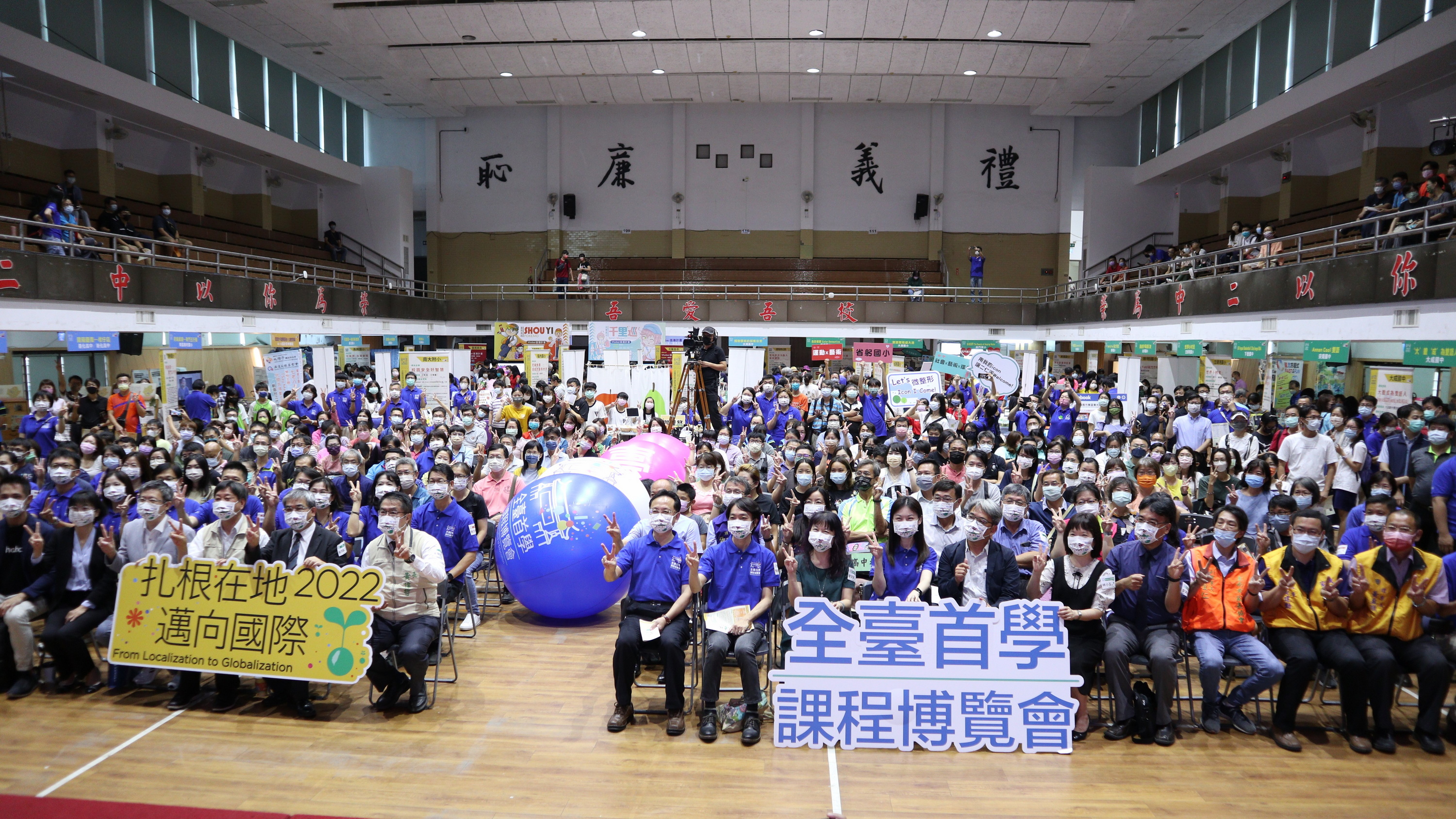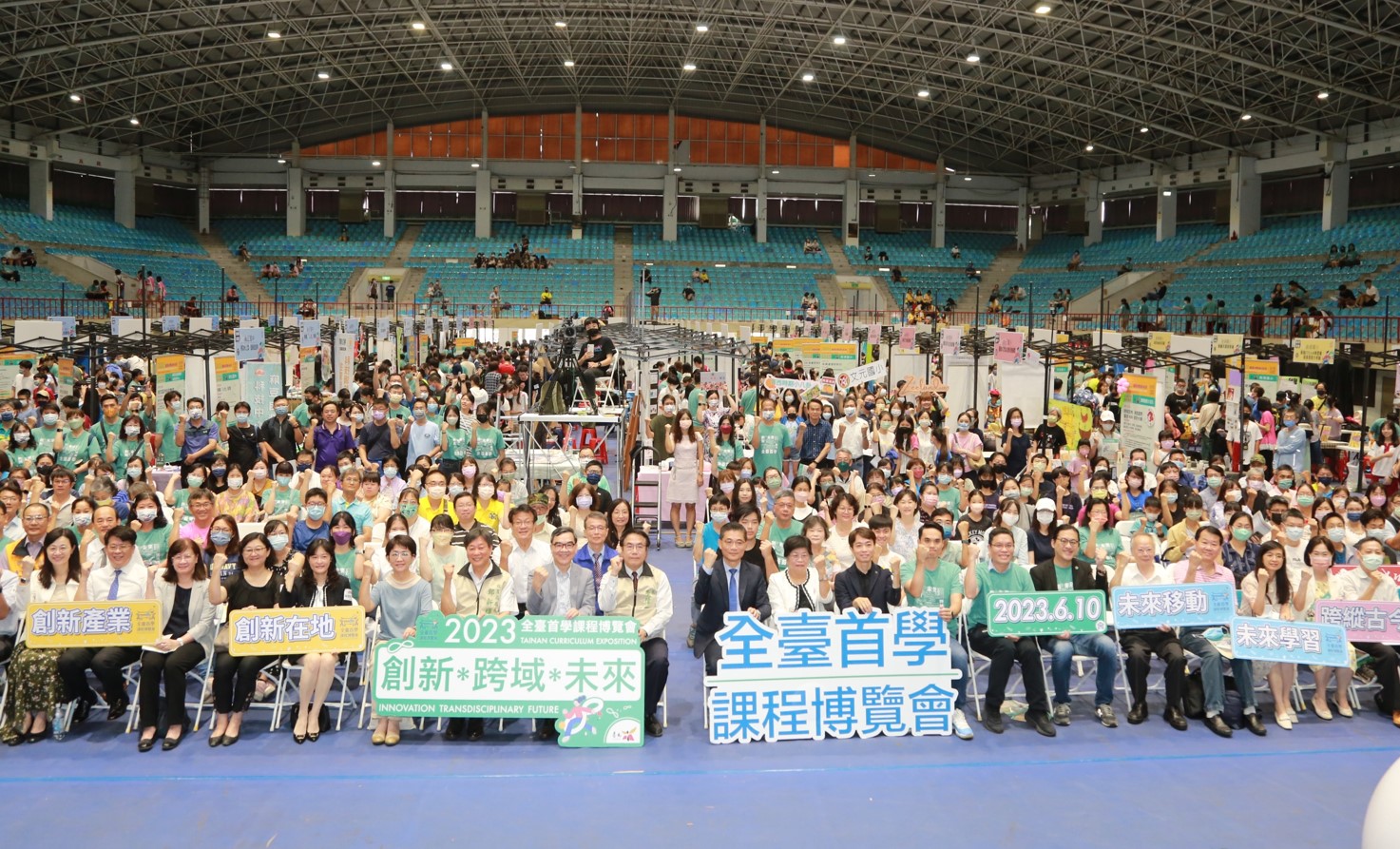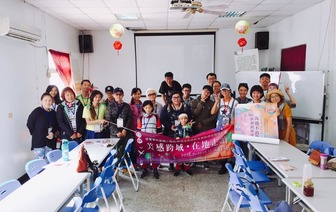
The "Yunjia South District Curriculum Exchange and Sharing Meeting for the 2011 Academic Year" was held on July 11, 2011. It was hosted by the project co-host-Teacher Lin Xiaoyu, and the teacher training committee members-Professor Chen Qingxiu, Professor Dai Junan, and Associate Professor Chen Hongling , Associate Professor Huang Ruishong attended the meeting to give feedback to the children, and county and city organizers such as Li Yuqing, Superintendent of the Yunlin County National Education Guidance Group, Xu Shiting, Assistant of the Curriculum and Teaching Project Office of Chiayi City’s 12-year National Basic Education, attended the meeting to provide support and encouragement to the teachers of the seed schools.

Although many teachers at this course exchange meeting mentioned the impact of the suspension of classes due to the epidemic, so the courses have continuity, but what is special is that this year many teachers have added "issues" to the courses, so that the courses can be further deepened and more... Integration, another teacher integrated "topics and current affairs" into the course to arouse students' interest in learning.
In terms of region, it can be seen that schools in Tainan District have more professional teachers co-organizing communities as curriculum links, with the number of teams up to 9 people. In addition, they also often combine professional teachers, empowerment workshops, cross-school resources, and community day classes. integration. At the same time, more attention is paid to the promotion of bilingual courses, and most courses incorporate English teaching or design and cultural and creative elements.
Schools in the Yunjia area attach great importance to "locality" and "relocated teaching". Most of their courses are based on "school-based characteristic courses". Teachers observe local characteristics and flexibly plan courses according to students' abilities. The curriculum is combined with the elements of "fieldwork" and features such as "family education", "parent-child learning", and "intergenerational learning", so that people can have a closer relationship with the community.

Although the curricula of urban and rural schools have their own differences, it can be seen that teachers are committed to transforming the abilities that teachers observe and think students may be deficient into into special courses in cross-domain aesthetic courses. "Teaching for Students" is an appropriate course that can make up for the deficiencies in examination subjects, and may also allow students to learn more and feel more profoundly!



